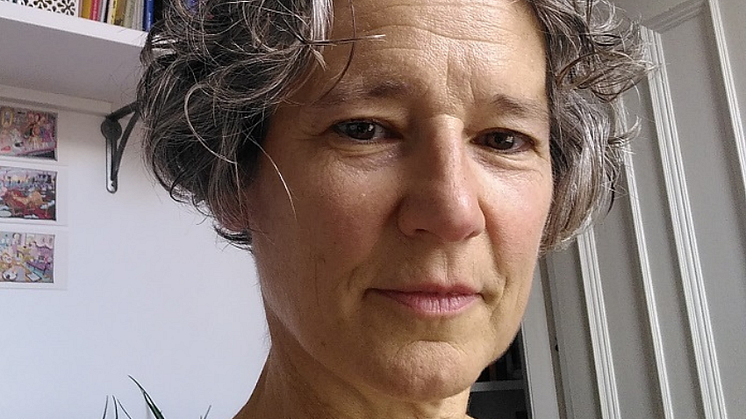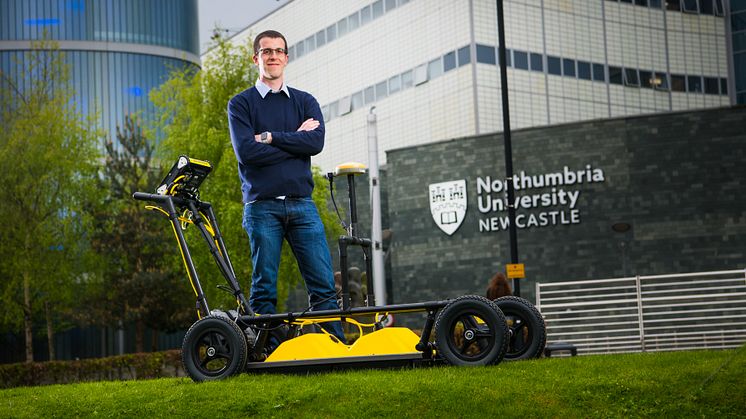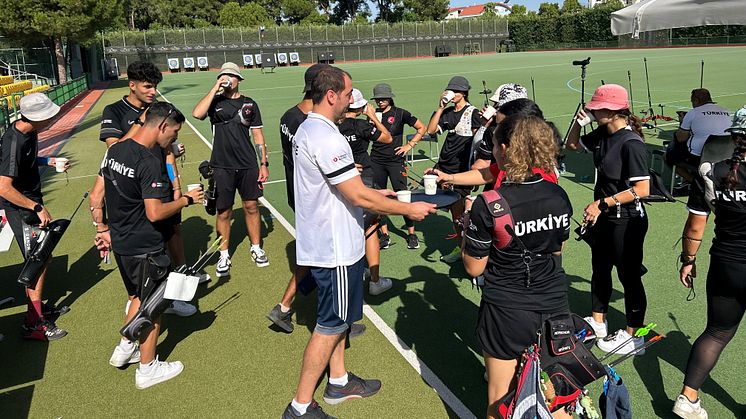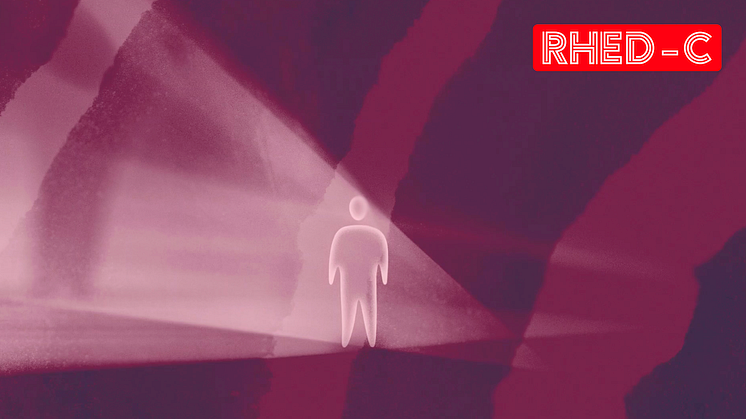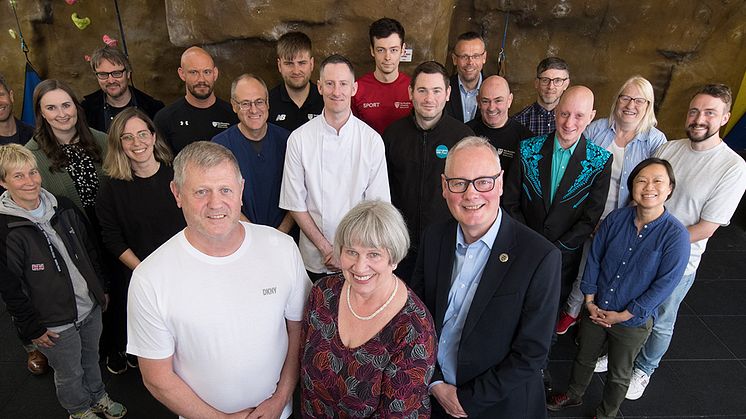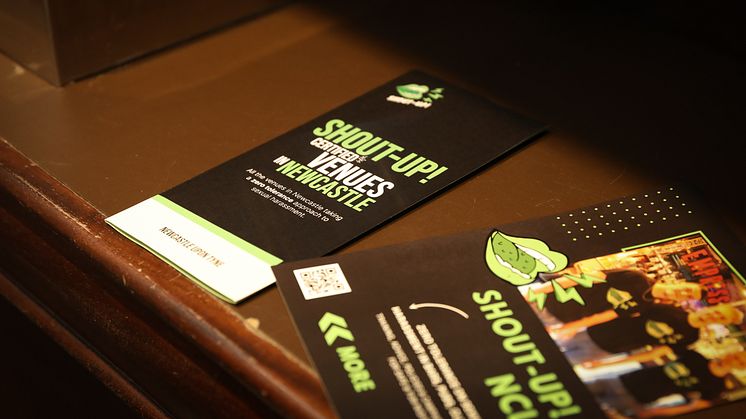
Press release -
Academics collaborate with charity for research on women’s safety
A study led by researchers from Northumbria University suggests not enough is being done to ensure women’s safety in the night-time economy.
The inquiry into women’s emotional responses to sexual harassment, or unwanted sexual intrusions (USI), found that women do not feel safe and free to engage equally with men in the night-time economy – a term used to describe businesses which stay open late such as bars, restaurants and event venues – because of the impact of unwanted sexual intrusions.
The national study commissioned by Shout-Up!, a campaign to tackle sexual harassment in the night-time economy, was conducted by Dr Ruth Lewis and Dr Amanda McBride from Northumbria and sought to understand women’s emotional responses to sexual harassment.
The outcome is the focus of a paper called Fear, injustice, anger and shame in the night-time economy: Women’s responses to unwanted sexual intrusions recently published in the peer-reviewed journal Violence Against Women.
The key findings include:
- 44% of women who expressed an emotion said they felt fear as a result of unwanted sexual intrusions on a night out.
- 23% of women who expressed an emotion said they’d felt anger and 12% felt shame as a result of unwanted sexual intrusions on a night out.
- Many women described carrying out what the research team have called ‘safety work’ to manage what they experience during nights out. This includes leaving venues after an incident, reporting incidents to venue staff, avoiding certain areas or venues or deciding not to engage in the night-time economy at all.
Dr Lewis, an Associate Professor in the Department of Social Sciences at Northumbria University, said: “Women’s emotional responses to USI have rarely been researched but can provide us with a deeper understanding of the social dynamics of power and status. What was clear from our respondents was that women’s fear – the predominant emotion suggested by 44% of respondents who expressed an emotion – indicates a shared sense that they anticipate further harm when encountering USIs, which leads them to modify their behaviour and engage in ‘safety work’, restricting their freedom to engage equally in the night-time economy.”

“These intrusions are considered commonplace on a night out,” Shout-Up! project manager Dawn Bowman of Rape Crisis Tyneside and Northumberlandexplained. “They’re often portrayed and accepted as an inevitable part of going out – brushed off as ‘banter’ or ‘just a laugh’. But our research repeatedly finds that the consequence of this is harming women and making them think twice about going to certain bars, pubs and clubs.”
The second most prevalent feeling, offered by 23% of respondents was anger, followed by shame (12%), which suggests stigma is still alive and well in society.
Dr McBride, a Lecturer in the Department of Social Work, Education and Community Wellbeing at Northumbria University, said: “Shame and stigma go hand-in-hand to police women’s behaviour and have always been a fundamental aspect of the maintenance of men’s violence. Traditionally, women have been held responsible for their own victimisation, and have been advised to adjust their own behaviour to avoid harassment and violence, but this research suggests the tide is beginning to turn.
“These responses show there is a contemporary shift towards reframing USI as an injustice and holding those who sexually intrude to account. There has therefore never been a greater opportunity to improve the UK’s social responses to USI in the night-time economy, and to work together to prevent it, so everyone can enjoy themselves – safely and equally.”
Alongside this paper examining the emotional impact of sexual harassment on women across the country, local polling by Shout-Up! earlier this year showed 75% of women in Devon and 78% of women in Tyne and Wear had experienced sexual harassment on a night out.
“These intrusions are considered commonplace on a night out,” Shout-Up! project manager Dawn Bowman of Rape Crisis Tyneside and Northumberland explained. “They’re often portrayed and accepted as an inevitable part of going out – brushed off as ‘banter’ or ‘just a laugh’. But our research repeatedly finds that the consequence of this is harming women and making them think twice about going to certain bars, pubs and clubs.”
The report sets out a number of solutions that are needed to ensure women can engage equally with men in the night-time economy:
Support: Women should not be left to respond to USI alone because their own emotional reactions, and their assessment of the risk of exacerbated violence, mean they are not free to respond as they might wish. Venues must create environments where women can get help quickly.
Knowledge: All staff working in the night-time economy (such as bar staff and door supervisors, for example) should be trained to understand USI, how it manifests and its impacts so that they can be alert to USI and confident about how to respond to it. This training should include consideration of the range and complexity of women’s emotional responses to USI.
Change: Venues should be expected to meet agreed standards around safety from USI as they would for other health and safety led initiatives and should be expected to publicly demonstrate their commitment to a zero-tolerance approach.
Dawn continued: “We must stop making women responsible for not only avoiding situations in which they could be harassed but then also dealing with the consequences of harassment after the fact, so Shout-Up! addresses one part of that.
“Venues have a responsibility; we wouldn’t accept a venue that didn’t meet fire safety regulations and nor should we accept venues ignoring the personal safety of their patrons. Shout-Up! trains venue staff to make spaces safer and tackle harassment swiftly and decisively. We know that women will stay longer and spend more in venues where they feel safe, so there isn’t just a moral obligation here, there’s a direct financial benefit to our towns and cities, if everyone is safe.”
At Northumbria, researchers recognise that no single discipline has the answers to the complex problems of gendered violence and abuse and have developed interdisciplinary collaborations to analyse and address the social, political, cultural and technological structures that exist and enable many forms of violence and abuse.
Discover more about interdisciplinary research on Gendered Violence and Abuse at Northumbria.
Topics
Categories
UNIVERSITY OF THE YEAR 2022 (Times Higher Education Awards)
Northumbria is a research-intensive university that unlocks potential for all, changing lives regionally, nationally and internationally.
Two thirds of Northumbria's undergraduate students come from the North East region and go into employment in the region when they graduate, demonstrating Northumbria's significant contribution to social mobility and levelling up in the North East of England.
Find out more about us at www.northumbria.ac.uk
--- Please contact media.communications@northumbria.ac.uk with any media enquiries or interview requests ---







